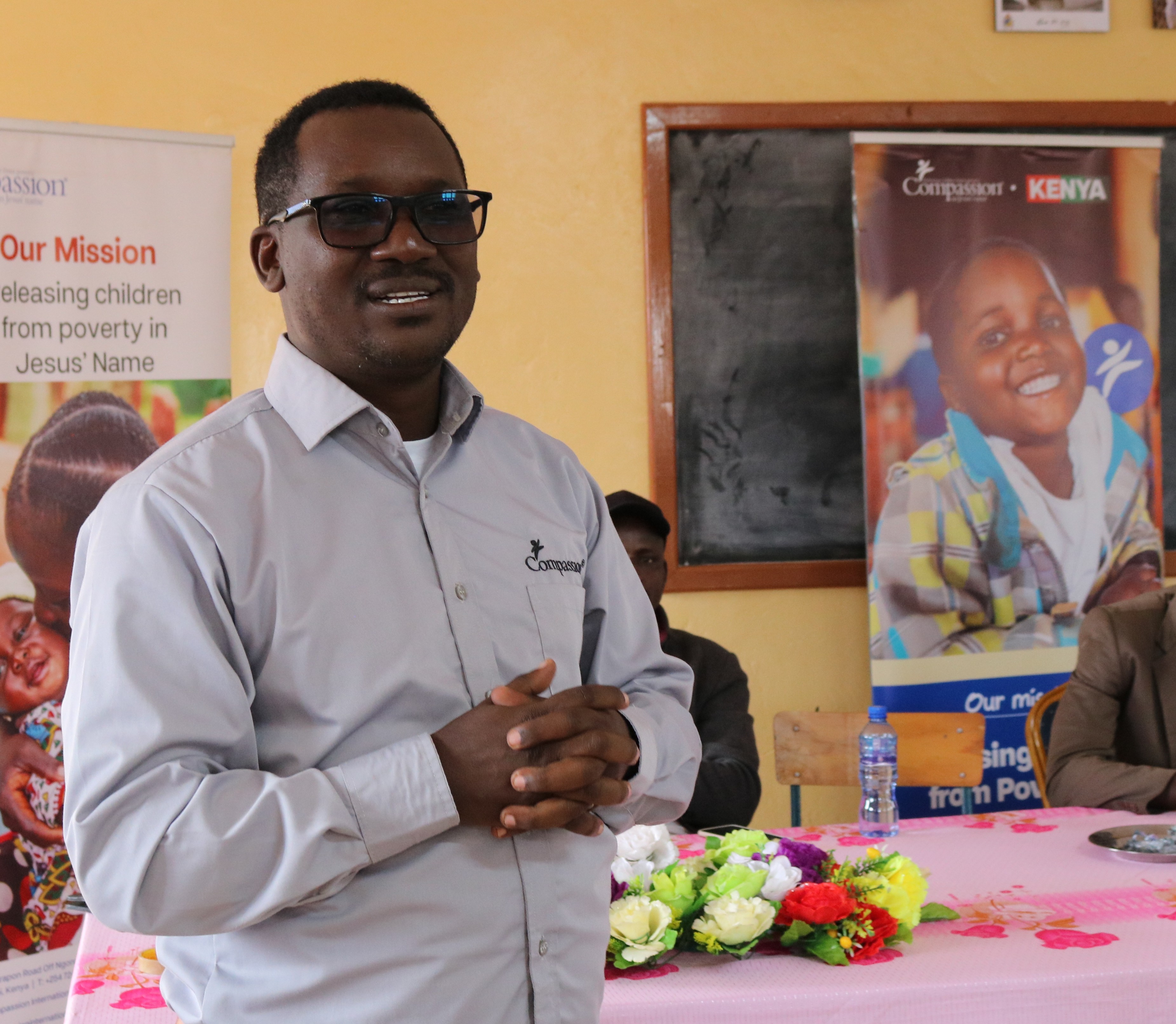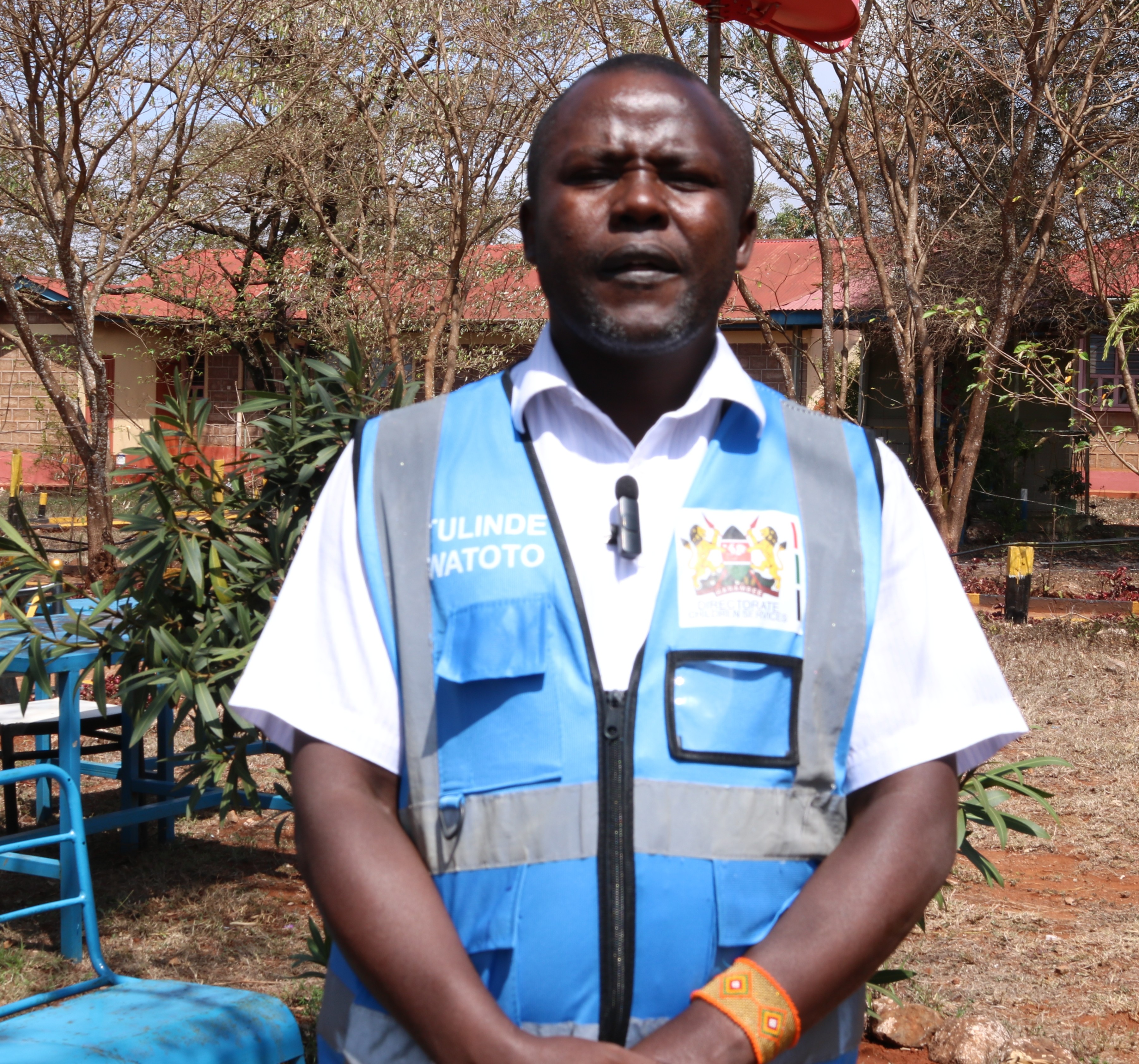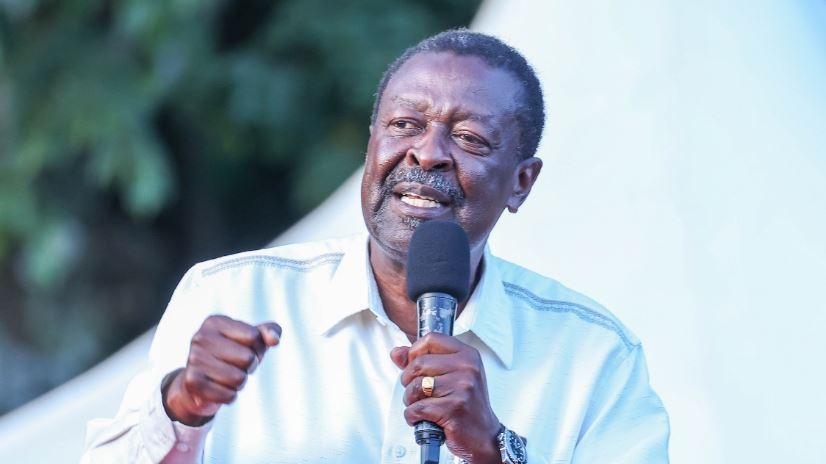
 Compassion
International’s Marsabit Program Manager Joseph Diba/STEPHEN ASTARIKO
Compassion
International’s Marsabit Program Manager Joseph Diba/STEPHEN ASTARIKO Laisamis Subcounty Director of Children Services Moses
Lolochum during the CPV training in Marsabit./STEPHEN ASTARIKO
Laisamis Subcounty Director of Children Services Moses
Lolochum during the CPV training in Marsabit./STEPHEN ASTARIKO
Some 100 parents from across Marsabit have completed an
intensive Child Protection Volunteer training programme, signalling a growing
movement to confront deeply entrenched practices that continue to threaten the
region’s children.
The training, implemented by Compassion International Kenya,
seeks to strengthen community-level protection systems, improve reporting of
abuse and embed awareness of legal consequences for neglect or harm.
Parents were taken through key child-protection frameworks,
including the UN Convention on the Rights of the Child, the African Charter on
the Rights and Welfare of the Child, Kenya’s Children Act 2022 and global
obligations under SDG 16.
For many, the course marked a personal reckoning. Graduate
Josephine Kulate admitted that cultural norms had long shaped harmful parenting
practices she had never questioned.
“We violated rights, thinking we were protecting our
traditions. Now I know culture cannot be used to harm a child,” she said.
Another trainee, Joseph Baillu, pledged to take the campaign
further by educating parents and challenging practices that endanger minors.
Compassion International’s Marsabit programme manager Joseph
Diba said the training confronts realities too often ignored, noting that
children in Marsabit “carry scars patterned by their environment,” where early
marriage, female genital mutilation, twin infanticide in remote communities,
trafficking, child labour and indoctrination into livestock theft remain
widespread.
Child protection specialist Jael Kamaki said pastoralist
children endure layered vulnerabilities and emphasised the central role of
parents, state institutions and community leaders in safeguarding minors. She
insisted that every child—regardless of birthplace or mobility—deserves equal
protection.
Laisamis subcounty Director of Children Services Moses
Lolochum echoed the concerns, saying children’s suffering is often buried
beneath drought emergencies, conflict and cultural norms that treat minors as
clan assets rather than rights-holders.
He highlighted the influence of customary courts, where
elders frequently prioritise community cohesion and compensation over justice
for violated children, especially in cases of sexual violence, forced marriage
or serious physical harm.
Marsabit deputy commissioner Martin Buluma warned that
persistent violations are eroding children’s potential and dignity.
“When a society normalises violations, it undermines not just individual futures but national development, peace and security,” he said.
















